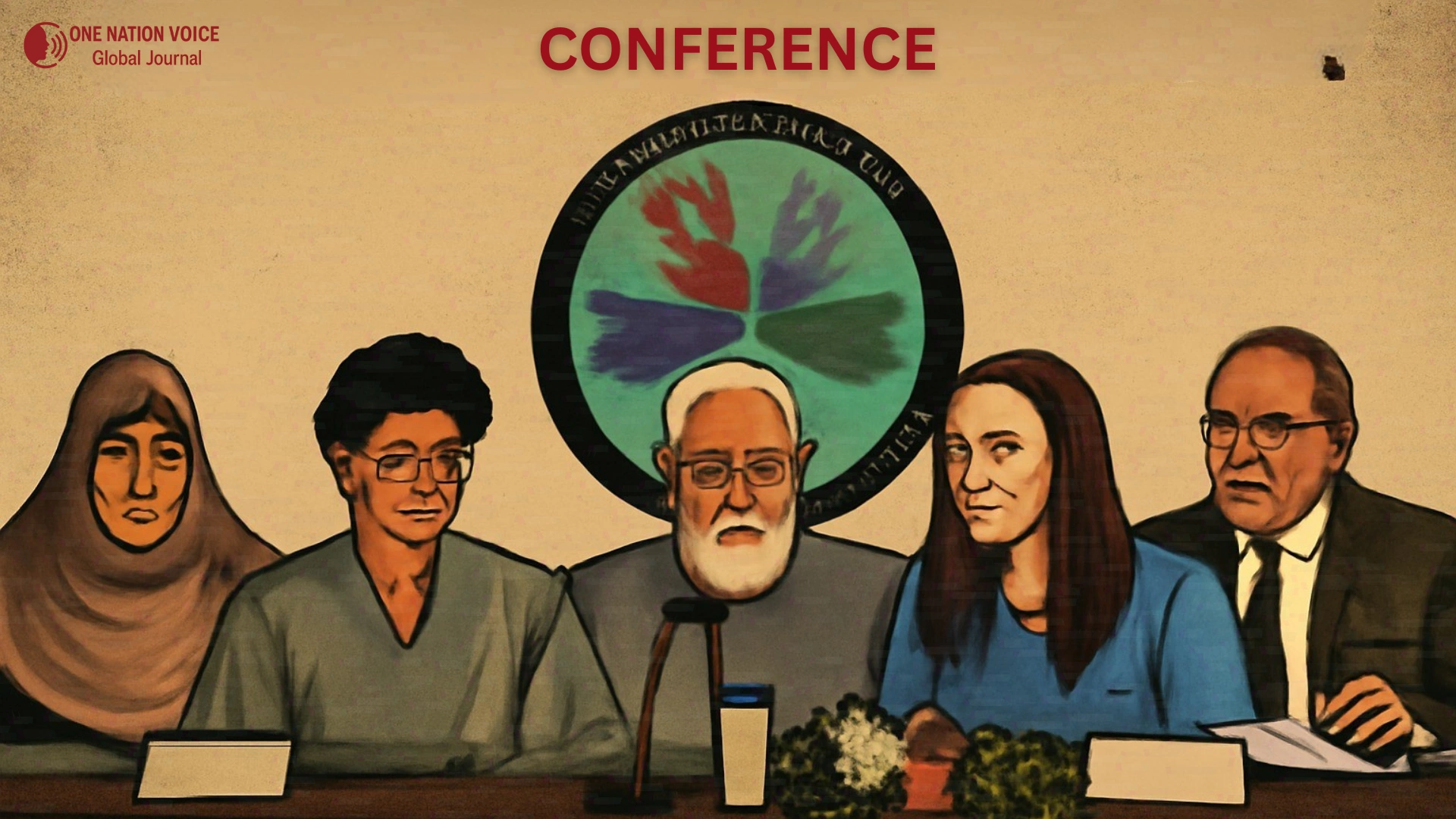Role of Academia in Promoting Interfaith Harmony & Tolerance

Role of Academia in Promoting Interfaith Harmony & Tolerance
In our world today, because of increasing globalization and polarization, there is a growing need to build bridges of interfaith harmony and tolerance as a prerequisite. This is to build sustainable peace and development. The twenty first century has introduced paradoxes to humankind, on the one hand, the world experienced a process of globalization that united people of different religions like never before. On the other hand, religious conflicts, religious intolerance, extremism, and sectarianism still reign with their paradigms of conflict and distrust. It is in this matter that academic institutions, and the academic community in general (including universities, colleges and research institutions) are found to be an excellent ground where both equal respect and the spirit of critical thinking as well as coexistence in relation to other people and life in general can be nurtured. Through molding young minds and molding societies, academia has tremendous responsibility in creating the interfaith dialogue and fertilizing the values of tolerance.

Academia as a Place of Talk
Religious, cultural, and ethnic diversity are accommodated and at the same scale because academic institutions are neutral and encompassing zones where everyone can meet.
In contrast to political surfaces where religion is often a ground to cocktail and problems, the academic world welcomes a positive communication and research.
Through seminars, conferences and workshops as well as interfaith forums, the universities can bring students and eminent scholars representative of various religions and emerging sets of values to a positive engagement in a dialogue between differences. This kind of a dialogue will not only play a role of removing the stereotype, but also will assist in establishing empathy, understanding and social harmony.
Tolerance Program & Education
The curriculum is critical in directing the outlook of students. Introduction of a course on comparative religion, peace education, ethics and global citizenship would instill in learners a respect for diversity. This learning can be backed up by teachers who are the role models as they should encourage open-mindedness and discourage prejudice in classrooms. The pedagogical approaches based on critical thinking, as opposed to rote learning, will enable the students to challenge stereotypes and form rational outlooks. Through incorporation of interfaith themes in both the humanities and in the sciences, the academia can make the theme of tolerance a complete learning component instead of a topic that just resides in religious courses.
Universities do not operate as individual organs; they influence wider debates and policy. The manifestations of academics through publications, policy briefs, government and international collaborations, can embrace and support inclusive policies to enhance interfaith harmony both nationally and internationally.
In addition, global academic collaborations enable cross-cultural learning, so that best interfaith education practices can be exported and imported across the world.

Universities such as Interfaith Crossroads Universities and colleges are not mere learning institutions. In fact, they provide crossroad platforms where interreligious literacy and religious tolerance may be promoted.
- Curriculum of Compassion: Curriculum change must embrace values of peace, pluralism and civil humanity as far as they are embedded in lasting customs, not as curriculum packages.
- Insurance against Extremism: Universities are epicenters of religious bias that may complicate the course of social integration; universities must serve as the bulwark against radicalization.
- Conversation Across the Divides: Student groups, professors, and campus administrators can make campuses places where all types of dialogue across religious lines occur without fear.

In and Outside the Classroom
Seminars, cultural exchanges, and academic collaborations provide mutual experiences that foster respect and mutual understanding.
The Peace Project Research: Academic research and academic debate nationally contributes to the narrative of coexistence and respect and confronts extremism through knowledge.
Partnerships with Peace
Universities should work mutually with religious scholars, civil society, and the media to enhance the messages of peace and overrule divisive speech.
Successful Models are The global experiences through models and local case studies have validated highly successful approaches by offering ideas for Pakistan in enhancing the interfaith education and social resilience.
The role of academia in facilitating inter-faith harmony/tolerance is not only crucial but is also revolutionary. As platforms of discussion, spheres of educational change, agents of critical inquiry, connectors with their youth, opponents of radicalization and strategists of policy, universities can teach future generations not the culture of conflict, but rather the culture of peace. Where the world is characterized by diversity, academia has opportunities to be on the leading edge of establishing a culture where differences are not only tolerated, but also recognizing cultural celebrations of differences. Finally, the most impending solution to sustainable peace and growth revolves around having a tolerant and peaceful society in which academia plays the lead role.
Disclaimer:
The views and opinions expressed in this article are exclusively those of the author and do not reflect the official stance, policies, or perspectives of the Platform.












